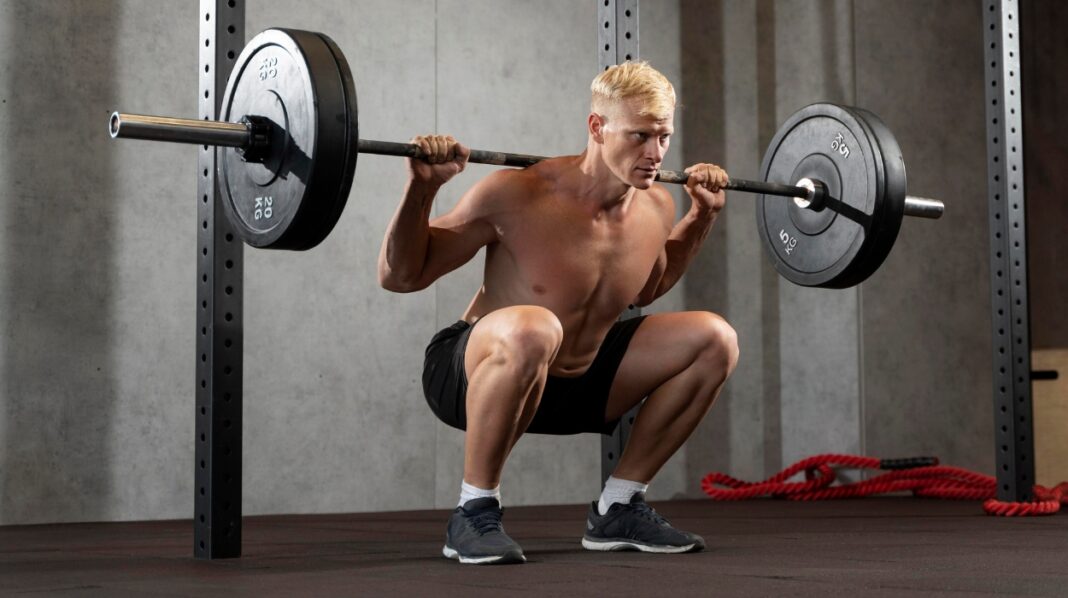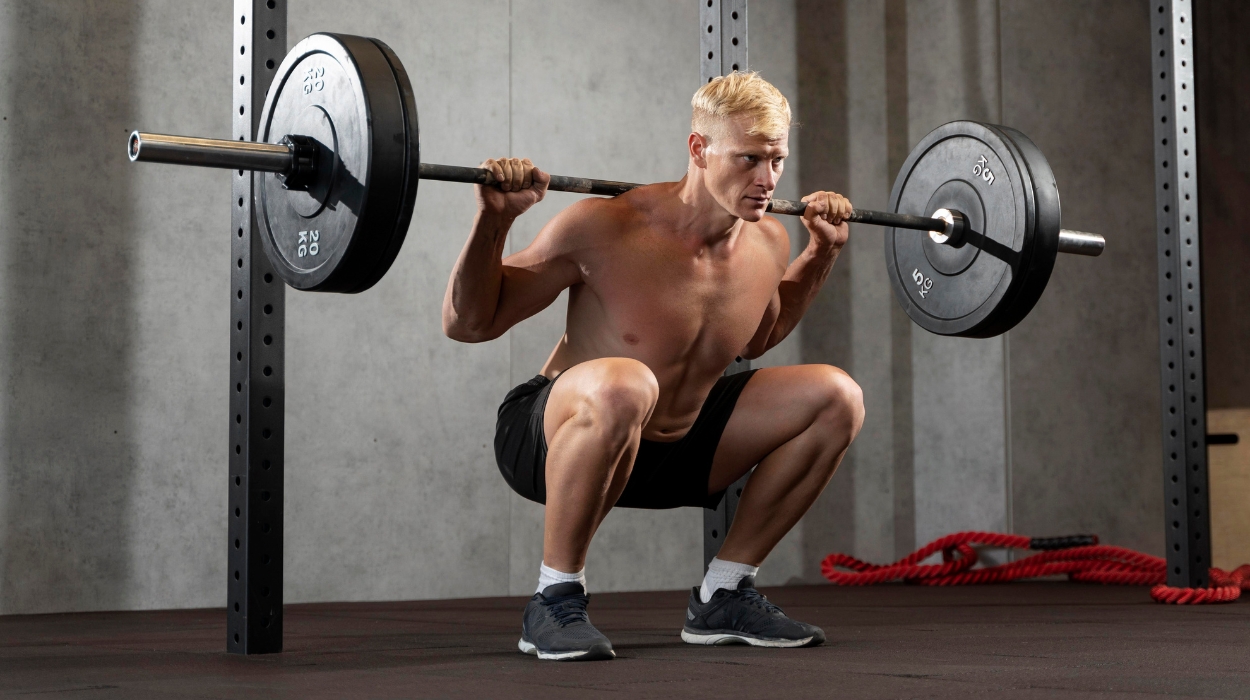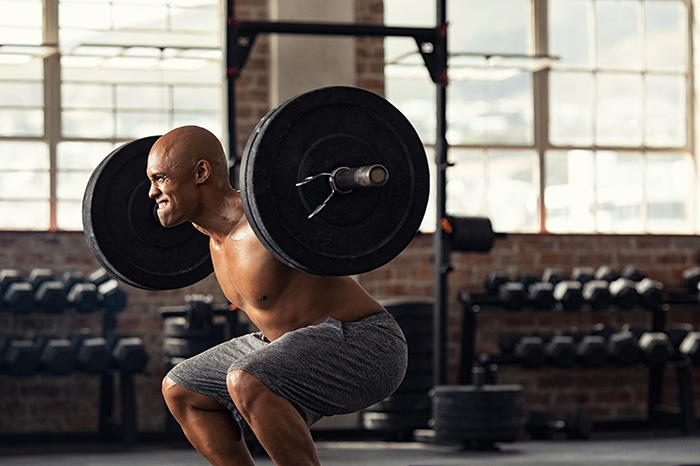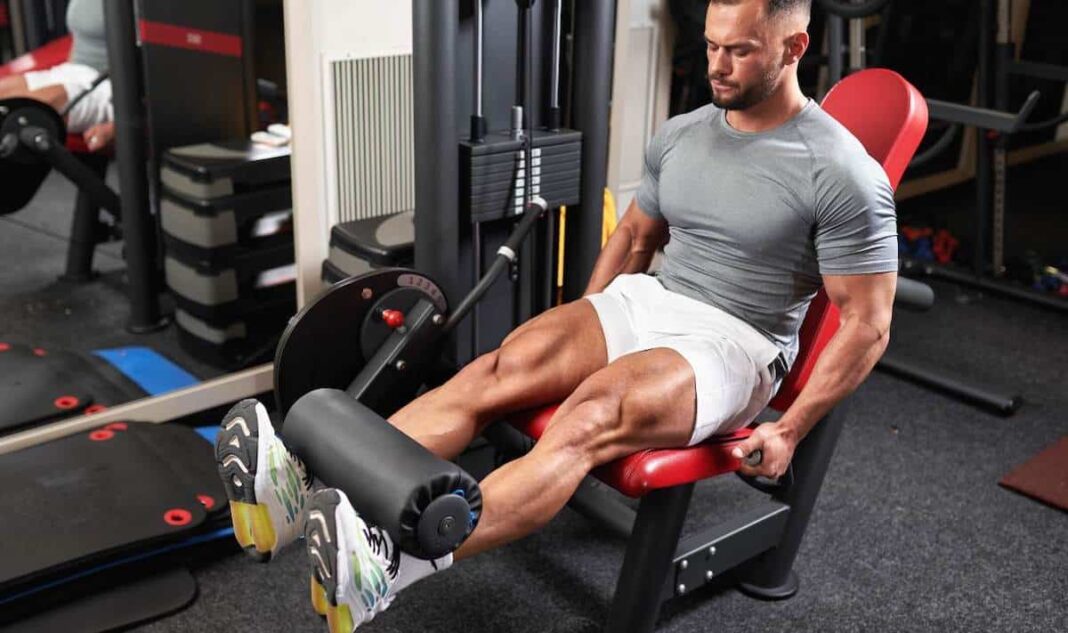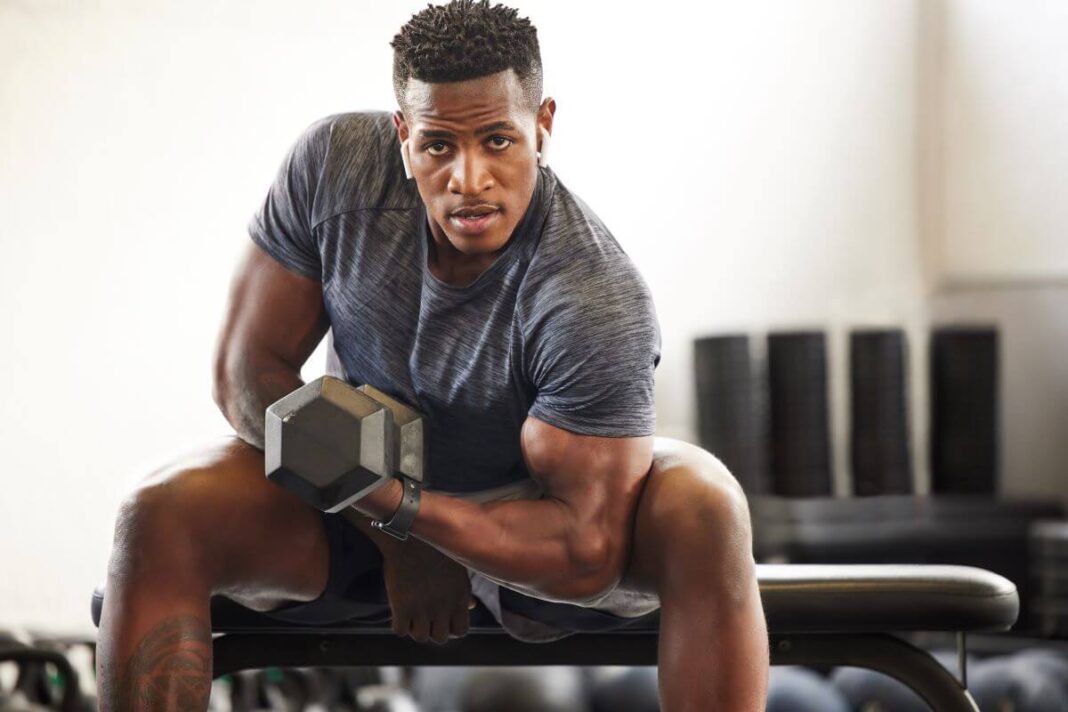Upper/Lower Split Explained: Who Should Use It and Why
The upper/lower split is one of the most versatile and underutilized training systems for building muscle, improving strength, and optimizing recovery. It strikes the perfect balance between training frequency, volume, and performance.
If you’ve hit a wall with full-body workouts, or if push/pull/legs feels like too much, upper/lower may be your best move.
In this article, you’ll learn:
- What the upper/lower split actually is
- The pros and cons vs other splits
- How to run it 3, 4, or 5 days per week
- Sample routines for muscle growth
- Who it’s best for (and when to evolve past it)
What Is the Upper/Lower Split?
As the name suggests, this split divides your training week into:
- Upper Body Days (chest, back, shoulders, arms)
- Lower Body Days (quads, hamstrings, glutes, calves)
Each session targets one half of the body, allowing for higher intensity, more compound lifts, and faster recovery. It’s usually run across 4 days per week but can be adapted.
Upper/Lower vs. Other Splits
| Split Type | Frequency | Recovery | Volume Control | Complexity |
| Full Body | 3x | High | Low | Beginner |
| Push/Pull/Legs | 4–6x | Moderate | High | Intermediate |
| Upper/Lower | 3–5x | High | Moderate–High | All Levels |
| Bro Split | 5x | Low (per muscle) | High | Advanced hypertrophy |
💡 Upper/lower offers the best of both worlds:
- Frequency: Each muscle gets trained 2x/week
- Recovery: Alternating days reduce CNS fatigue
- Flexibility: Easy to adjust for any goal
Programming Options: 3, 4, or 5 Days/Week
▶️ 4-Day Upper/Lower (Standard Format)
Mon: Upper A
Tue: Lower A
Thu: Upper B
Fri: Lower B
Perfect for:
- Intermediate lifters
- Building size and strength
- Fat loss or lean bulking phases
▶️ 3-Day Upper/Lower (Modified)
Mon: Upper
Wed: Lower
Fri: Full Body or Upper (lighter)
Perfect for:
- Busy lifters
- Strength maintenance
- Starting point before scaling up
▶️ 5-Day Upper/Lower Hybrid
Mon: Upper A
Tue: Lower A
Wed: Rest
Thu: Upper B
Fri: Lower B
Sat: Optional: Arms, Delts, or Conditioning
Perfect for:
- High-volume hypertrophy
- Specialization blocks
- Competitive bodybuilders
Sample 4-Day Upper/Lower Routine (Hypertrophy Focus)
🔹 Upper A (Heavy Pressing Focus)
- Barbell Bench Press – 4 x 6
- Seated Dumbbell Press – 3 x 8
- Bent-Over Row – 4 x 8
- Face Pull – 3 x 15
- Barbell Curl – 3 x 12
- Triceps Rope Pushdown – 3 x 15
🔹 Lower A (Posterior Chain Emphasis)
- Romanian Deadlift – 4 x 8
- Walking Lunge – 3 x 12 per leg
- Hamstring Curl – 3 x 15
- Seated Calf Raise – 4 x 20
- Hanging Leg Raise – 3 x 15
🔹 Upper B (Pulling & Isolation Focus)
- Pull-Ups – 4 x 8
- Incline Dumbbell Press – 3 x 10
- Cable Lateral Raise – 3 x 15
- Chest-Supported Row – 3 x 12
- Preacher Curl – 3 x 12
- Skullcrushers – 3 x 10
🔹 Lower B (Quad Dominant)
- Barbell Back Squat – 4 x 6
- Leg Press – 3 x 12
- Bulgarian Split Squat – 3 x 10
- Standing Calf Raise – 4 x 15
- Cable Crunches – 3 x 20
Who Is the Upper/Lower Split Best For?
✅ Beginners who’ve outgrown full-body workouts
- Introduces higher volume per session without overwhelming fatigue
- Easy to schedule around work or school
✅ Intermediates in a growth phase
- Allows enough frequency for muscle protein synthesis (2x/week per group)
- Room for progression in load and volume
✅ Cutting lifters
- Sessions are efficient and not overly taxing
- Allows cardio integration without performance crash
✅ Strength-focused athletes
- Works well with compound progression models (e.g., bench, squat, RDLs)
✅ Advanced Programming Options
If you want more complexity or intensity, layer on these techniques:
🟩 Upper/Lower with Focus Days
Example:
- Upper A = Push Focus
- Upper B = Pull Focus
- Lower A = Posterior Focus
- Lower B = Quad Focus
🟧 Upper/Lower with Specialization
Example:
- Upper A = Shoulders + Arms emphasis
- Lower B = Glute + Hamstring overload
- Useful during physique prep or lagging part fix
Common Mistakes With Upper/Lower Splits
❌ Neglecting Pull Volume
Too many lifters make upper days press-heavy. Always balance horizontal and vertical pulls.
❌ Under-training Legs
Don’t treat lower days as “leg extensions and done.” You need compound movements (RDLs, squats, etc.) for results.
❌ No Progression Tracking
Upper/lower feels repetitive without structure. Track lifts and apply progressive overload weekly or bi-weekly.
❌ Cramming in Isolation Early
Do your compound lifts first, save curls and pushdowns for the end. That’s how pros train.
Pro Tips to Get the Most from an Upper/Lower Split
✅ Rotate rep ranges:
- Strength focus early (4–6 reps)
- Hypertrophy mid-range (8–12)
- Isolation high-rep (15–20)
✅ Use an RIR (Reps in Reserve) scale:
- 1–2 RIR on compounds
- 0–1 RIR on isolations
✅ Deload every 6–8 weeks
- Reduce volume or intensity
- Keeps you progressing long-term
Final Verdict: Is Upper/Lower Worth It?
Absolutely. The upper/lower split:
- Hits each muscle group twice per week
- Scales up or down based on your schedule
- Supports both size and strength goals
- Works for lifters at almost any level
If you’re stuck in a plateau or your current routine feels bloated and disorganized, switching to the upper/lower split can bring structure and results fast.

